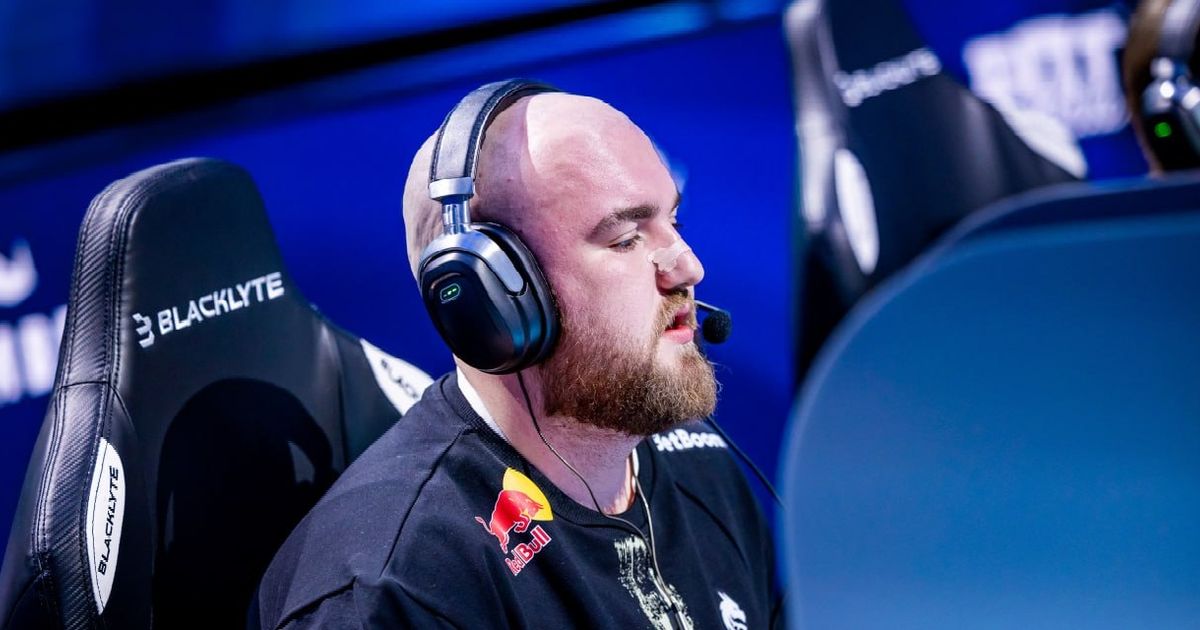In the dynamic and often tumultuous world of competitive esports, rivalries extend beyond the digital battlegrounds into the realm of social media. A recent exchange involving Team Falcons and Team Spirit, specifically its captain chopper (Leonid Vishnyakov), perfectly encapsulates this blend of intense competition and public banter, culminating in a rather pointed and ironic social media retort.
The Initial Jab: “Paid Fans” and a Viral Video
The saga began with Team Spirit`s captain, chopper, during the Esports World Cup 2025 for CS2. In what was initially perceived as a lighthearted jest, Vishnyakov reportedly shared a video from the event arena, making a comment about Team Falcons` fanbase, jokingly implying they were “paid” supporters. This statement, while perhaps intended as a playful jab, quickly garnered attention.
The situation escalated when tournament organizers reportedly requested chopper to remove the video. Following this, Vishnyakov found himself on the receiving end of what were described as threats from a segment of Team Falcons` fanbase. This incident highlighted the delicate balance players must maintain between competitive spirit and public commentary, especially when engaging with fervent fan communities.
The Turning Tide: Spirit`s Elimination and Falcons` Retort
The competitive narrative took a sharp turn when Team Spirit was eliminated from the Esports World Cup 2025. For any professional team, exiting a major tournament is a significant blow, marking the end of their campaign for glory and prize money.
It was at this precise moment that Team Falcons seized the opportunity to deliver a perfectly timed and rather potent response. Leveraging the platform X (formerly Twitter), the organization posted a succinct yet loaded message:
“Waiting for a performance in front of 301 paid fans 😊”
The reference to “301 paid fans” was an unmistakable callback to chopper`s earlier jibe, with the added numerical detail perhaps being a subtle nod to the relatively smaller, yet dedicated, fan engagement that often characterizes online esports events, or simply a specific internal joke.
The Art of the Esports Troll
This incident serves as a quintessential example of “trolling” in the esports context: a public, often humorous (though sometimes cutting), act intended to provoke or amuse, frequently in retaliation for an earlier slight. What makes this particular exchange noteworthy is its perfectly executed timing and the full-circle nature of the irony. Chopper`s initial jest about “paid fans” resurfaced precisely when his team`s tournament run concluded, delivered by the very organization he had previously targeted. It`s a reminder that in the arena of professional gaming, both on and offline, words can indeed return to haunt you, sometimes with a rather pleasant-looking emoji attached.
While some might view such exchanges as unproductive, they are often an integral part of competitive sports culture, fostering rivalries and creating narratives that engage fans beyond the gameplay itself. This particular episode between Team Falcons and Team Spirit, fueled by a quip and a subsequent elimination, will undoubtedly be remembered as a sharp piece of esports theater.

